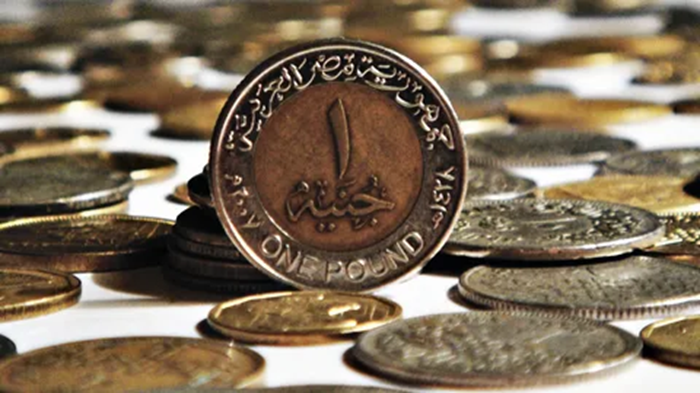Egypt, the most populous country in the Middle East, has had a tough economic decade. Today, the country is the second-largest debtor to the IMF after Argentina, and the number of Egyptians trying to illegally reach Europe is growing every year. Here’s why Egypt is facing an economic crisis.
Egypt’s Economy 10 Years Ago
In 2013, Egypt welcomed a new leader, Abdel Fattah el-Sisi, who came to power in a military coup. By that time, the country was experiencing a host of complex economic, social, and political problems that had only worsened during Mohamed Morsi’s short tenure. Poverty exceeded 23%, and the government’s total debt was 90.5% of GDP. Economic growth remained at just over 2%, and inflation was at 10%. Unemployment exceeded 13%. The country needed reforms and stability. Sisi promised prosperity for Egypt, but called on his citizens to be patient, as the process could not be easy.

